- Website security
From Data to Defense: How IP Tracking Strengthens Online Security
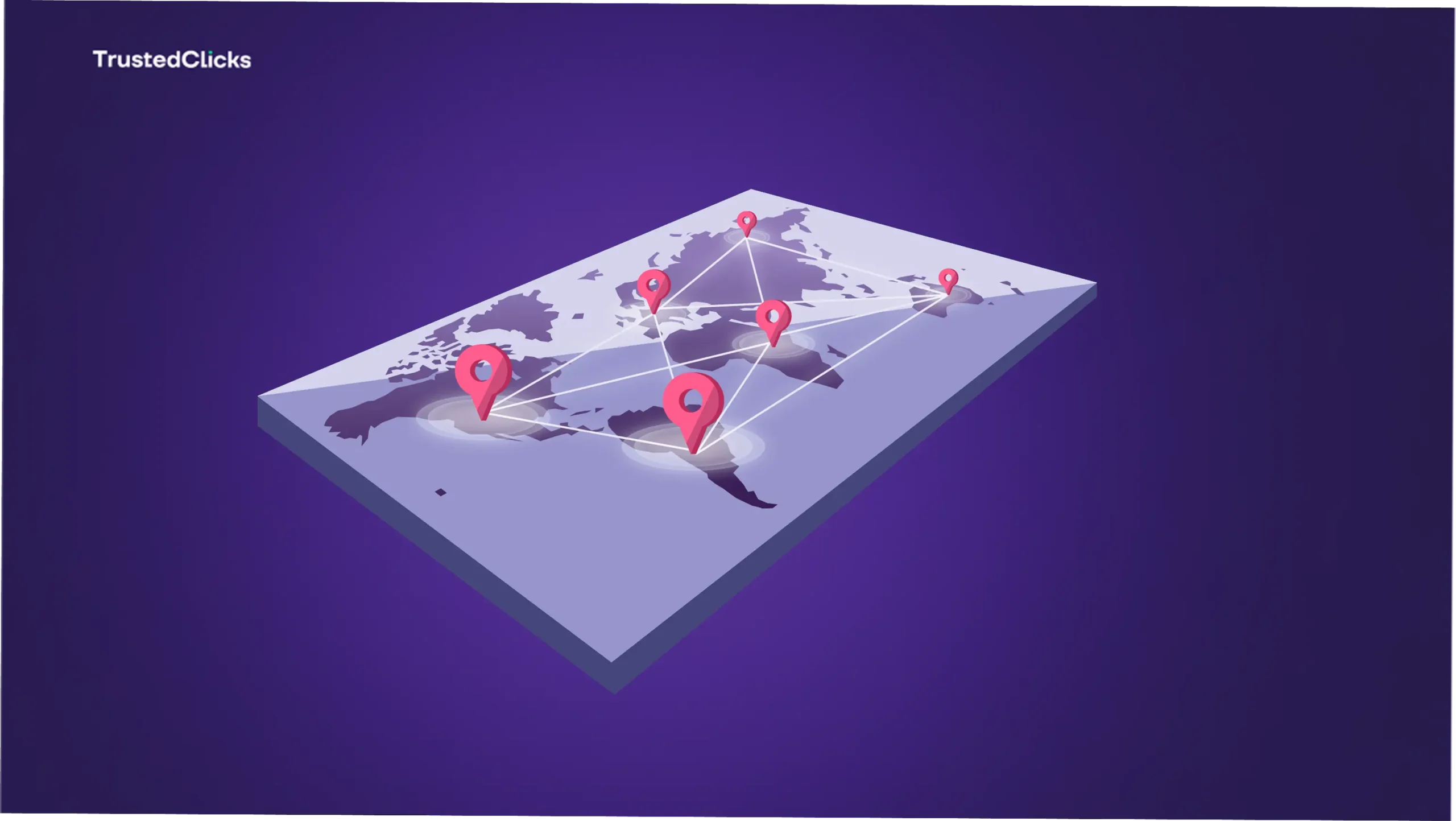

Security threats are constantly evolving, requiring robust defense mechanisms to safeguard sensitive information. One powerful tool in the cybersecurity arsenal is IP tracking. By monitoring and analyzing internet protocol (IP) addresses, organizations can detect suspicious activity, mitigate cyber threats, and protect their online assets. This article explores the role of IP tracking in online security, detailing how it enhances protection against cybercrime, fraud, and unauthorized access.
IP Tracking Explained
IP tracking is the process of identifying, monitoring, and analyzing IP addresses that connect to a network or online platform. Every device that connects to the internet is assigned a unique IP address, which acts as a digital identifier. By tracking these addresses, organizations can gather valuable information about users, including their geographic location, internet service provider (ISP), and browsing patterns.
Two main types of IP addresses
Static IPs – These remain fixed and do not change over time, making them easier to track and analyze.
Dynamic IPs – These are temporarily assigned by ISPs and can change periodically, adding a layer of complexity to tracking efforts.
The Role of IP Tracking in Cybersecurity
By leveraging IP tracking, security teams can gain insights into network activity and detect anomalies that could signal a potential security breach.
Identifying Suspicious Activity
Cybercriminals often use fake or hidden identities to conduct illicit activities online. However, IP tracking allows organizations to identify unusual behavior patterns, such as repeated failed login attempts, logins from unfamiliar locations, or multiple connections from a single IP address. By monitoring such activity, security teams can flag and investigate potential threats before they escalate.
Preventing Unauthorized Access
Many security breaches occur due to unauthorized access attempts. IP tracking helps in enforcing access controls by verifying whether a login request is coming from a legitimate or suspicious location. Organizations can establish rules to block access from high-risk regions or implement multi-factor authentication (MFA) for unrecognized IPs.
Combating Cyber Fraud
Online fraud, including phishing attacks and financial fraud, often involves the use of fake identities or stolen credentials. By tracking IP addresses, companies can detect fraudulent activities, such as:
Unusual transaction locations that do not match a user’s typical behavior.
Multiple accounts being accessed from the same IP, indicating potential bot activity.
Suspicious IP addresses linked to previously flagged fraudulent transactions.
Strengthening Network Security
For businesses, network security is paramount. IP tracking allows IT teams to monitor traffic and identify threats like:
Distributed Denial-of-Service (DDoS) attacks, where multiple IPs flood a network to overwhelm it.
Port scanning attempts from malicious entities trying to find vulnerabilities.
Unauthorized remote access attempts from foreign IPs.
By analyzing IP data, businesses can deploy firewalls, blocklists, and security protocols to counteract these threats.
Enhancing Website Security
Websites are frequent targets of cyber attacks, including hacking attempts, malware distribution, and spam. By using IP tracking, website administrators can:
Identify and block IPs associated with malicious activity.
Restrict access to certain geographical locations where threats originate.
Detect and mitigate bot traffic that can negatively impact performance and user experience.
Supporting Law Enforcement and Compliance
In cases of cybercrime, law enforcement agencies rely on IP tracking to trace the source of attacks, identify cybercriminals, and gather evidence for prosecution. Additionally, businesses operating under data protection regulations, such as GDPR or CCPA, can use IP tracking to monitor compliance and detect unauthorized data access.
Tools and Techniques for IP Tracking
Several tools and technologies assist in effective IP tracking, including:
IP Lookup Services – Platforms like WHOIS, IPinfo, and MaxMind provide information about IP addresses, including location and ownership.
Firewalls and Intrusion Detection Systems (IDS) – These monitor network traffic and block suspicious IP addresses.
Geolocation APIs – Services that provide real-time location data based on IP tracking.
Threat Intelligence Platforms – Security firms offer databases of known malicious IPs to help organizations stay ahead of emerging threats.
Ethical Considerations and Limitations
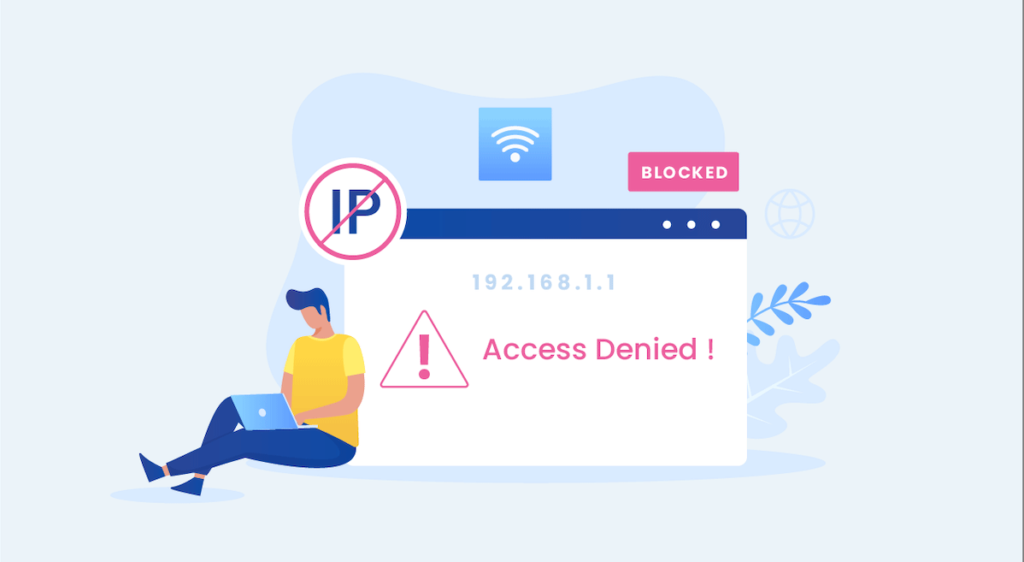
While IP tracking is a powerful security tool, it also raises ethical and privacy concerns. Users may feel uncomfortable knowing their online activities are being monitored. To address these concerns, businesses and organizations should:
Use IP tracking solely for security and fraud prevention purposes.
Adhere to data protection regulations by informing users about tracking practices.
Avoid using IP tracking for invasive surveillance or data collection without consent.
Additionally, IP tracking has limitations. VPNs, proxies, and Tor networks can obscure real IP addresses, making it difficult to accurately trace cybercriminals. However, combining IP tracking with other security measures, such as behavioral analysis and AI-driven threat detection, enhances overall cybersecurity.
Frequently Asked Questions About IP Tracking
What is IP tracking?
IP tracking is the process of monitoring and analyzing the IP addresses of devices that connect to a network. Without this information, a network or a remote device receiving a connection request wouldn’t be able to establish communication with the connecting device. It not only helps facilitate connections but also plays a key role in identifying the geographical location of users, detecting potential threats, and managing traffic.
In cybersecurity, IP tracking is essential for spotting suspicious behavior, such as unauthorized access attempts or bot attacks, by monitoring patterns associated with high-risk IP addresses. In digital marketing, it helps improve campaign targeting by providing insights into user demographics and engagement through geolocation data. Overall, IP tracking is a vital tool for enhancing network management, preventing cyber threats, and boosting the effectiveness of online marketing strategies.
Is IP tracking accurate?
IP tracking is generally accurate for identifying a user’s country or city, but it’s less precise when pinpointing exact locations due to factors like VPNs or shared networks. While multiple devices in the same network can share a single public IP, making individual tracking harder, it remains effective for general identification and security. TrustedClicks enhances this process by providing accurate IP fraud score calculations, using extensive data such as geolocation and user behavior patterns. This ensures reliable detection of suspicious activity, offering a more precise defense against fraud.
How to check location through IP address?
To check the location using an IP address, data is collected from multiple Geo IP data providers. Simply enter the IP address, and the tool will display the location. TrustedClicks offers free location tracking for any given IP address. It instantly retrieves the city, country, and geographic coordinates (latitude and longitude) by leveraging various Geo IP databases. This quick and easy tool is widely used for tracking online activity, fraud detection, and enhancing website security by identifying the geographical origin of a visitor.
How to track an IP address?
Tracking an IP address involves several steps, typically using tools or services that provide information about the location and identity of the IP owner. First, you need to identify the IP address you want to track, which can be obtained from server logs, online interactions, or through various network tools. Once you have the IP address, you can use an IP lookup service or geolocation tool to find the general location associated with that address. These tools rely on databases from multiple Geo IP providers to map the IP to geographic information like the country, region, city, and approximate latitude and longitude.
Final Words
In an era where cyber threats continue to evolve, IP tracking serves as a crucial component of online security. From detecting suspicious activities to preventing fraud and securing networks, it provides organizations with valuable insights to protect their digital assets. While ethical considerations must be taken into account, responsible use of IP tracking strengthens cybersecurity defenses and helps in the fight against cybercrime. As technology advances, integrating IP tracking with AI and machine learning will further enhance its capabilities, making the internet a safer space for users and businesses alike.
Table of Contents
Join our community!
Subscribe to our newsletter for the latest updates, exclusive content, and more. Don’t miss out—sign up today!
Recent Posts
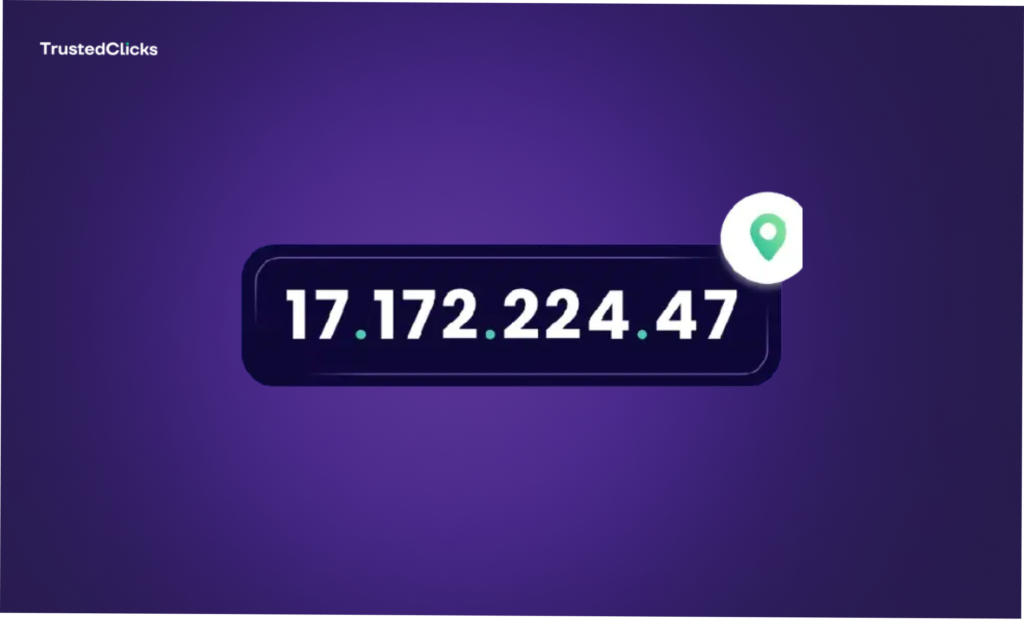
IP Tracking As The Backbone of Digital Navigation
- 7 mins read
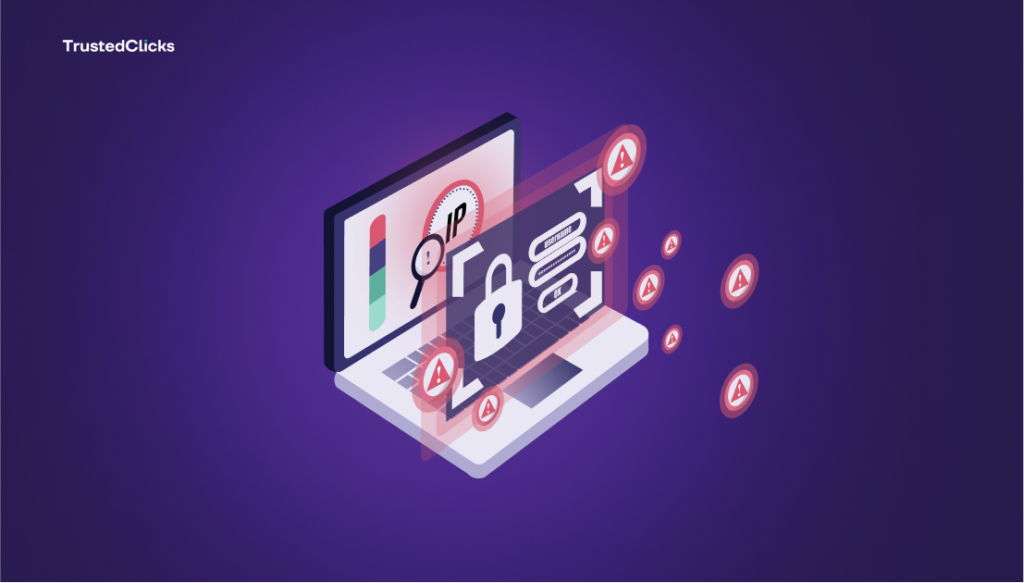
4 Effective Ways to Combat Click Fraud in Your Ad Campaigns
- 3 mins read
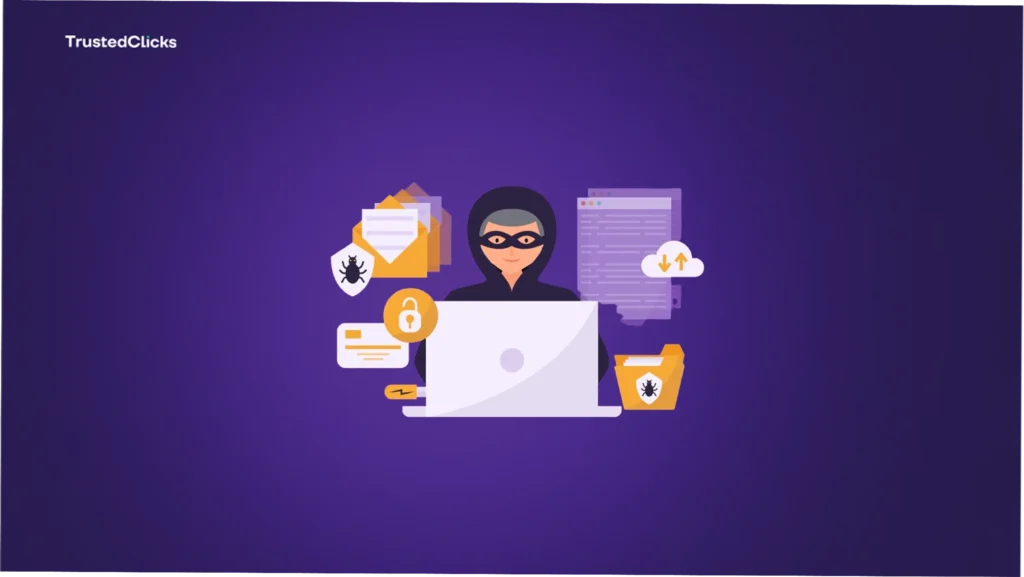
The impact of IP Fraud on Reputation: Why Prevention is Key to Protecting Your Brand
- 4 mins read



